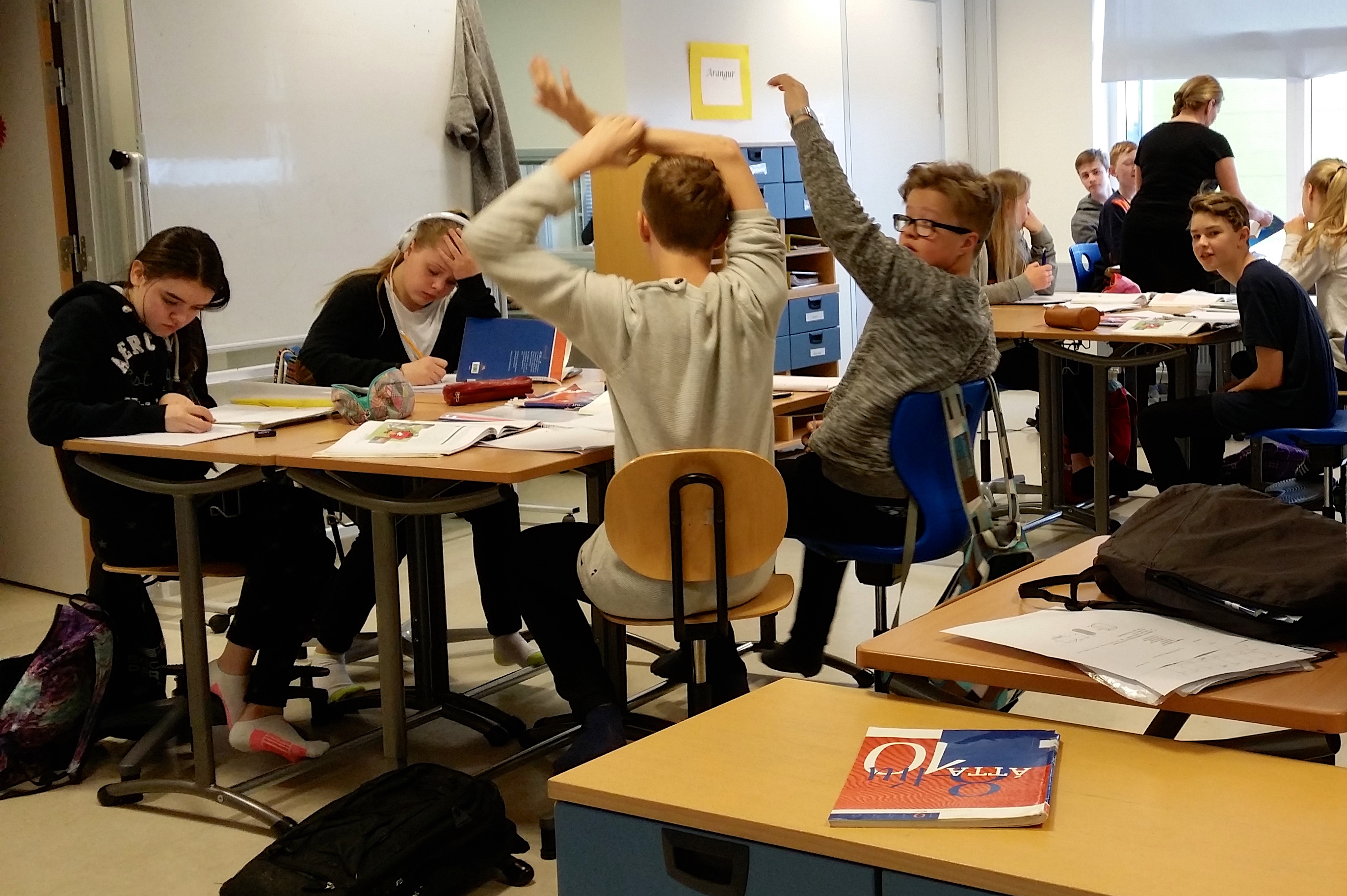The ‘Education for All in Iceland’ seminar, organised by the Ministry of Education, Science and Culture on 24 August 2017, attracted many participants from across the education sector and from other sectors in Iceland. The seminar focused on discussing and disseminating the results of the 2016 audit performed by the Agency and on discussing ideas for further action. The Minister of Health, the Minister of Social Affairs and Equal Opportunities and the Minister of Education, Science and Culture, addressed the seminar, as did representatives from the Agency and key stakeholders in the field of inclusive education.
Kristján Þór Júlíusson, Minister of Education, Science and Culture, said in his address:
I think it is very important, now that the situation has been thoroughly mapped and we have suggestions for how to move forward in the long and short term, that everyone pursues opportunities for improvement for the youth in our country and searches for solutions to make our education system even better.
The Icelandic education authorities asked the Agency to perform the audit because, although a policy of inclusive education has been the guiding principle in Iceland's education policy since 1996, the implementation of the policy in daily school practices has not been considered satisfactory.
The audit findings revealed interesting results, such as that the current law and policies for education support the aims and emphasis of an inclusive school system. There is a consensus about inclusive education as a goal among most educators and school staff at all levels of the school system. However, the findings also show that people have different definitions of the concept of inclusive education. Most of those interviewed for the audit pointed out that the current financing system and rules for allocating education funds were nor equitable or efficient. In addition, many school employees doubt that their basic education and/or opportunities for professional development are a useful preparation for inclusive education practices.
The audit presented three priorities that are necessary for future development in this area:
- Promoting comprehensive discussion among those who work in education, in all municipalities, schools and school levels, on how best to achieve inclusive education.
- Reviewing the current rules on the allocation of funds with greater efficiency as a guiding principle.
- Discussing – with the aim of reaching agreements – about minimum standards for services supporting inclusive education in all schools.
These steps are considered to be the most efficient for promoting broad system changes. The main purpose of the seminar was to focus on the first priority: addressing all stakeholders in the field of education and taking the first step towards reaching an agreement on the meaning of the term ‘inclusive education’.
Following the audit, all the main stakeholders from the education community signed a follow-up memorandum of co-operation. The Minister of Education, Science and Culture, the Minister of Health, the Minister of Social Affairs and Equal Opportunities, and representatives from the Teacher’s Union, the Head Teachers’ Union of the Upper-Secondary Schools, the Icelandic Association of Local Authorities and the National Home and School Association signed the memorandum.
The Minister of Education, Science and Culture formed a steering committee with representatives from all previously mentioned stakeholders for efficient follow-up on the audit in the next few years.
This is the first time that such a joint declaration has been signed by all these stakeholders in Iceland. The seminar was a first step towards further co-operation in successfully implementing inclusive education policies.
